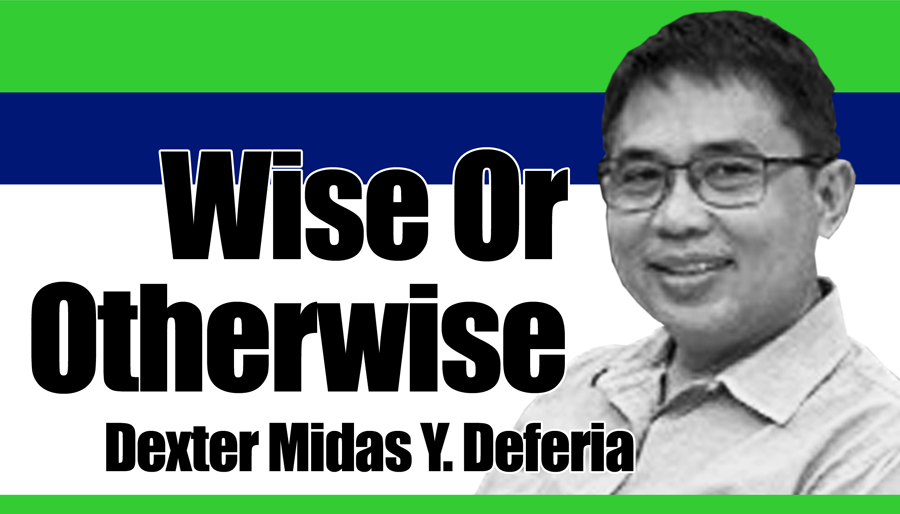
As we begin 2025, the Philippines, like many nations, aspires for economic growth. While I am not an economist, I aim to share insights from the perspective of the everyday Filipino.
Economic terms such as GDP and net income often feel distant to the average Juan. Although projections indicate a GDP increase and a decrease in inflation, many Filipinos do not perceive these changes in their daily lives. The true measure of economic improvement for them is whether they can afford better food—transitioning from canned sardines to fresh meat or from subsidized rice to organic varieties.
The real challenge lies not only in improving the economy but also in electing leaders capable of effective cash flow management. When government projects flourish, it may signal a healthier economy; however, these initiatives do not always translate into tangible benefits for citizens. Often, infrastructure spending leads to increased borrowing from local and international banks without directly enhancing individual livelihoods.
Year after year, our national budget expands while tax collection stagnates. This discrepancy raises concerns about how officials allocate taxpayer money. Many ambitious projects are funded through loans, sometimes even requiring new loans to pay off existing debts. Investigative journalists have revealed that government projects are frequently overpriced by 20-40%, benefiting unscrupulous individuals rather than the public. Mayor Benjamin Magalong of Baguio City has recently highlighted these issues regarding the Department of Public Works and Highways (DPWH) projects.
With the national budget now in trillions, corruption has escalated from millions to billions in kickbacks. Despite this history, voters repeatedly elect the same individuals or their descendants into power. This cycle perpetuates a system where accountability is lacking.
I remain hopeful that a great leader will emerge to guide our nation toward prosperity. If you have someone in mind, please share your thoughts; if not, it may indicate a troubling lack of honest leadership capable of restoring our status as the “Tiger of Asia.”
The Philippines has the potential to evolve like small companies that grow into industry giants. However, we must ask ourselves what hinders our progress despite politicians’ campaign promises to make the country great again. How can they fulfill these promises when they have not successfully managed their own businesses?
Looking ahead, various reports suggest that the Philippine economy is projected to grow by 6.1% in 2025, supported by strong domestic demand and increased public investment. The Asian Development Bank (ADB) anticipates growth driven by lower inflation rates and sustained public spending on infrastructure projects. However, external factors such as global economic slowdowns and severe weather events could pose risks.
While there is optimism regarding economic recovery, it is crucial for Filipinos to remain vigilant about government spending and hold leaders accountable for their actions. As we approach the May 2025 midterm elections, each Juan must reflect on what kind of future we want for our country and who we believe can lead us there.
In conclusion, our outlook for 2025 is cautiously optimistic but requires active participation from citizens to ensure that growth translates into real improvements in quality of life. The choices made at the ballot box will significantly impact our path forward. ||




